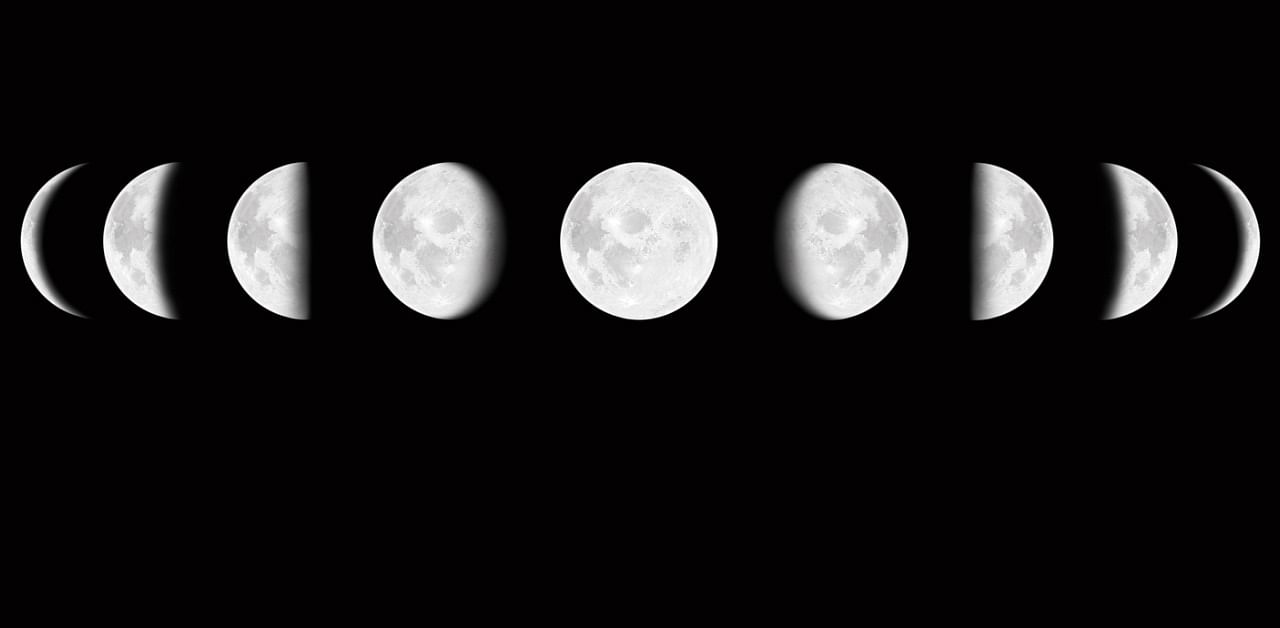
If you have difficulty falling asleep, you can now consider blaming it on the moon.
A recent study conducted by University of Washington, National University of Quilmes (Argentina), and Yale scientists connects dots between the lunar cycle and sleep-patterns,
The study suggests that the lunar cycle affects everybody's sleeping patterns similarly, disregarding variables like geography or light - even artificial.
They arrived at this conclusion after conducting a 'sleep experiment' involving 98 volunteers from three Argentenian indigenous communities. The experiment went on for about 2 months and mandated the participants to wear wrist monitors.
One of the three communities had no electricity, the second had limited access to it, and the third had complete access to it. The former two communities were rural, while the latter was urban. Despite the differences, they all showed similar patterns of sleep oscillations as the moon advanced through its 29.5-day cycle. Their sleep duration differed by 20 to more than 90 minutes, and bed times varied by 30 to 80 minutes.
The participants' sleep patterns had notable change with 3-5 days remaining until the full moon. During those nights, 'sleeping less' and 'staying up late' reached its apex. However, nights leading up to the new moon saw the opposite.
The data surprised Horacio de la Iglesia, one of the authors of the study and a professor of biology at the University of Washington. He said he expected more activity and less sleeping on full moon nights.
"..it turns out that the nights before the full moon are the ones that have most of the moonlight during the first half of the night”, he said, according to The Guardian.
The study also revealed, lower access to electricity lead to participants' sleep pattern being more affected by the moon's cycle.
To add to the surprise, when the scientists attempted comparing the data with the data from a similar experiment conducted on students from Seattle at The University of Washington, they found the results to match.
“Together, these results strongly suggest that human sleep is synchronised with lunar phases regardless of ethnic and socio-cultural background and of the level of urbanisation,” their journal read.
“We humans tend to believe that we managed to somehow control nature, and the use of artificial light is a great example of that. But it turns out that there are some forces of nature that we cannot get away from," said De la Iglesia.
However, just like any scientific work, this one too had its shortcomings. A professor of sleep and physiology Derk-Jan Dijk commented that the study did not take into account internal influences like circadian clocks that could affect sleep.
“The study is very interesting but, as the authors state themselves, they cannot establish causality”, said Dr Ciro della Monica, a research fellow at the Surrey sleep research centre where Djik is the director.